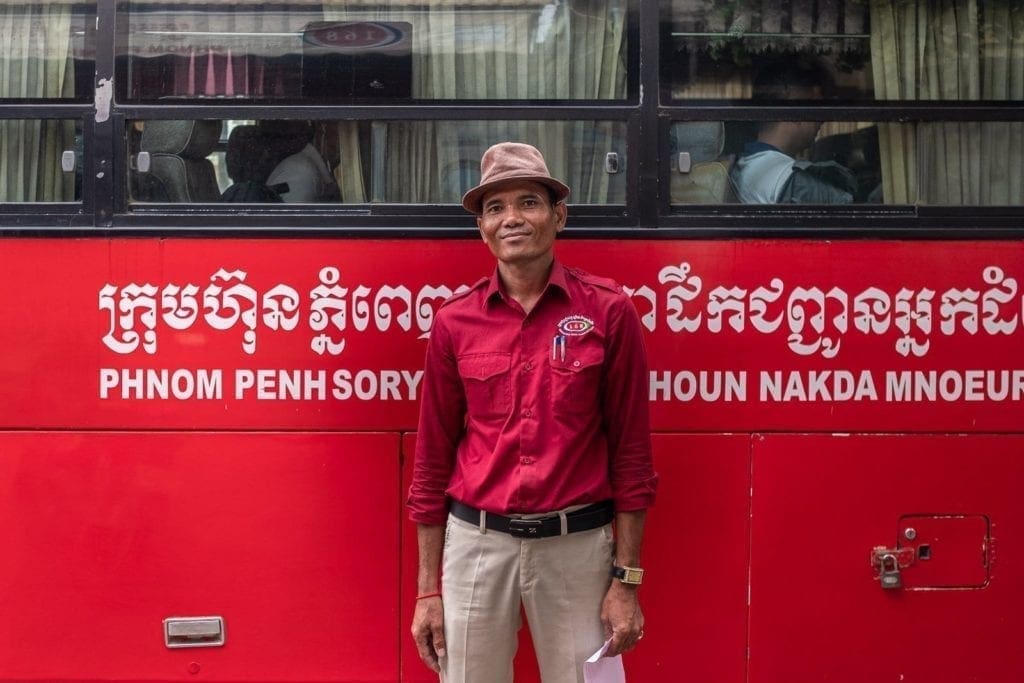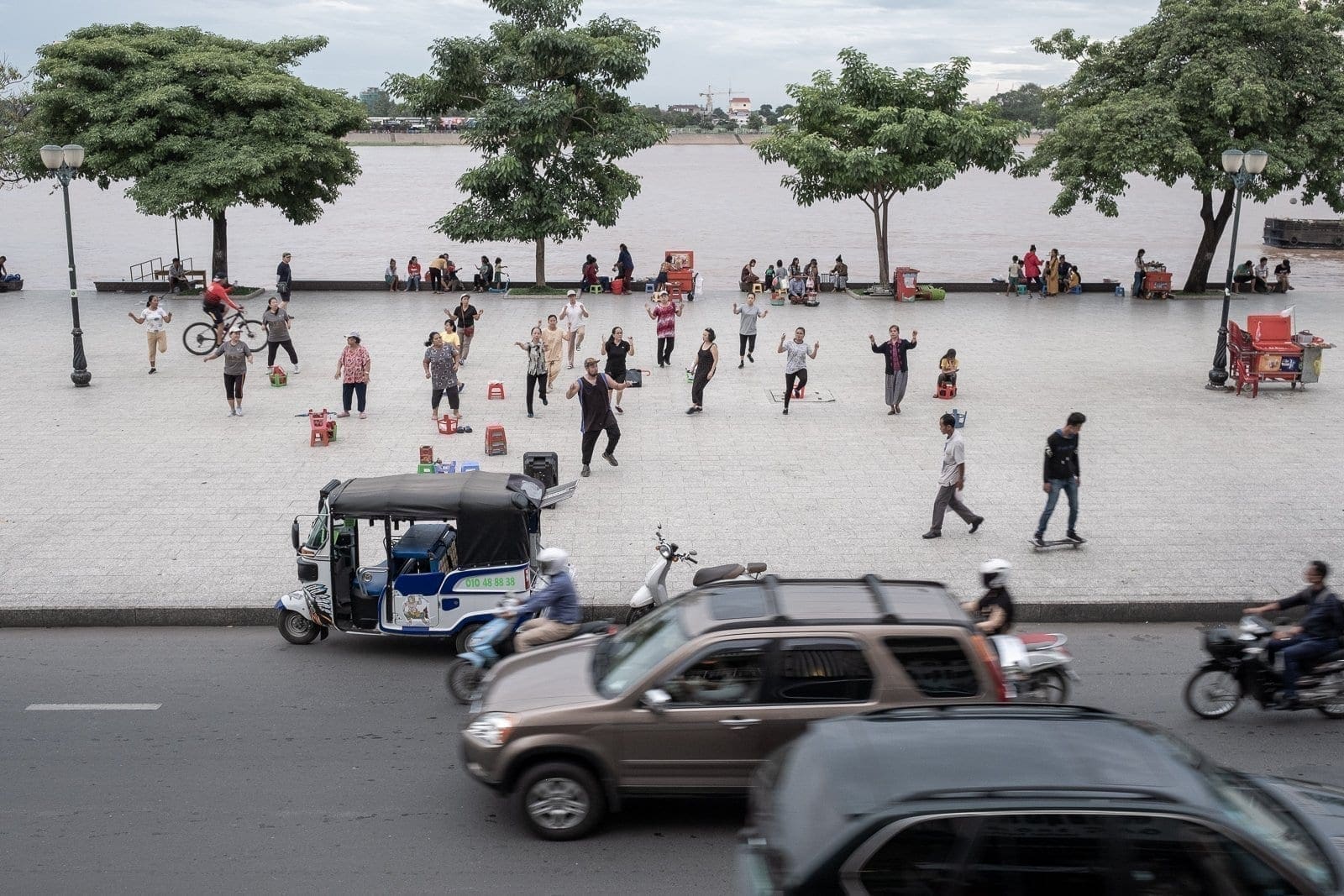Cambodia Journals | Phnom Penh, 07 September 2019
I arrived in Cambodia weeks ago with Terzani’s words and testimonies firmly etched in my mind. And the opposite would have been unthinkable: I had simply ‘done my schoolwork’. What I had not thought to do (and did not do) was to seek out Terzani’s Cambodia, the roads he travelled, his point of view and his storytelling. A little over 40 years after the first chapters of Ghosts – Dispatches from Cambodia would have been a pointless and – between us – silly job.
It was clear from the outset that Cambodia 2019, for DooG Reporter and those who wanted to come with me on this journey, meant immersing themselves in the discovery of a country light years away from what is reported in the many travel blogs or ads for backpackers looking for cheap adventures (or girls, in many cases).
With Terzani’s words in my mind and free to take in what was happening along the way, pursuing the goal I had set for myself: to reach the wild part of Kampuchea-the Mondulkiri, the only real weight of this trip was the grams of the camera.
It did not help the great humidity or the heavy rains of the monsoon season now coming to an end, the long or short crossings by local vehicles or now-rotten wooden boats, the mud of the forest, the great heat of the city and the cold of the plateau. Neither did it help the small or large presences that visited our rooms at night (Alida named the tarantula that inhabited her bungalow in Kampong Cham), nor the fake dollars withdrawn at the ATM of a major international bank.

To this day, 8 September, there is nothing in this country that has been able to alter the constant serenity and harmony of that feeling of those who bear the marks of the journey. And that makes it feel at home even in the cubicle of a hostel and on the rickety seat of a bus.
And little does it matter if you are astounded by the total lack of road rules and discover that going the wrong way is simply a lane to be used as needed. If environmental hygiene – in the country – is often a personal opinion.
If the prices of things have no logic and you eat in the local markets with little more than a dollar, a beer costs $0.75, and you get an original iPhone from the Chinese for a little over $150; and the thousand thousand other things that contribute in making Cambodia the country that, having shaken off the bloody genocide of 40 years ago where nearly 3 million Cambodians were systematically slaughtered for a crazy idea signed by Pol Pot, has been able to look forward to becoming, today, a vibrant country.
Able to be the fifth largest supplier of rice to the European Community, after the U.S., Pakistan and India, with a program in the short term to increase exports for the benefit of our novice MasterChefs; while here at home, you don’t even pay for rice because a bowl of steamed rice is not denied to anyone.
This sentiment of mine is not the result of that typical Exterophile attitude that, as an Italian, is part of my DNA. This career has allowed me to travel a good chunk of the world and always do it the same way: from the inside. So much from the inside that when I happen to flip through a Lonely Planet of a country I have already traveled through, I wonder if we are talking about the same place.
I continue my work here in Kampuchea, in the streets where if you look at a person one second too long they smile at you. And that alone is enough to feel at peace with this place. But also in guilt.


